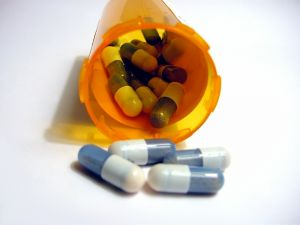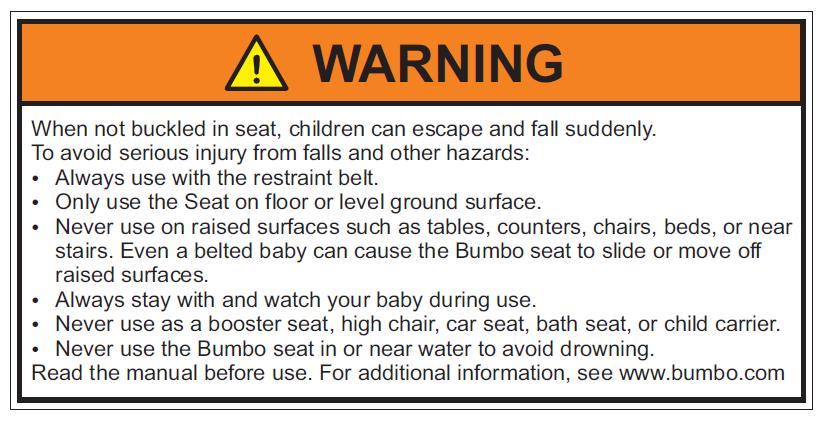At The Brod Law Firm, our Sacramento injury lawyer believes that every client deserves his full attention, the benefit of his legal knowledge, and the advantage of the years of experience his whole legal team has representing victims in Northern California’s civil courts. When we work on product liability suits, we focus on linking the injury to the defective product and proving the extent of damages suffered as a result. Our job, and our dedication, is the same whether the client is a household name or known only in his/her own household. Still, the attention drawn to a celebrity case can help remind everyone that the law does provide remedies for those injured by a faulty product in California.
 Garcia and Kings Settle Product Liability Claim Over Defective Exercise Ball
Garcia and Kings Settle Product Liability Claim Over Defective Exercise Ball
As reported in The Sacramento Bee, the Sacramento Kings and Francisco Garcia, who has played for the team since being chosen as a first-round draft pick in 2005, recently settled product liability claims stemming from an accident tied to an exercise ball. On October 9, 2009, Garcia was working out and lifting weights while he balanced on a seventy-five centimeter Gymnic exercise ball. The ball unexpectedly burst, dropping the athlete forcibly to the floor while he continued to hold a ninety pound weight in each hand. According to Garcia’s complaint, he incurred serious injuries including a fracture to the right forearm. As a result of his injuries, Garcia missed four months of basketball in the first year of a five-year, $29.6 million contract extension. Due to an aggravation of the forearm injury, Garcia missed an additional two games this March. According to a study commissioned by the plaintiffs, the company warranted that the exercise ball was blast-resistant and able to withstand 600 pounds, but tests showed a similar ball burst with under only 400 pounds of weight.
 San Francisco Injury Lawyer Blog
San Francisco Injury Lawyer Blog


 The
The  Overview of the Outbreak
Overview of the Outbreak  Overview & Initial Rulings in Case About Food Labeling
Overview & Initial Rulings in Case About Food Labeling Few things are as important to our daily lives as
Few things are as important to our daily lives as  Abbott Laboratories manufacturers Androgel, a testosterone gel used by millions of men worried about low testosterone (“Low T”) levels as they age. Testosterone levels decline starting around age forty and drugmakers, along with some physicians, have touted the benefits of gel for reversing some signs of aging. However, as discussed in
Abbott Laboratories manufacturers Androgel, a testosterone gel used by millions of men worried about low testosterone (“Low T”) levels as they age. Testosterone levels decline starting around age forty and drugmakers, along with some physicians, have touted the benefits of gel for reversing some signs of aging. However, as discussed in  Bumbo International and the U.S. Consumer Product Safety Commission (CPSC) announced a
Bumbo International and the U.S. Consumer Product Safety Commission (CPSC) announced a  On Thursday, Michelin announced a voluntary recall of approximately 841,000 tires sold under the BFGoodrich and Uniroyal brands. According to the
On Thursday, Michelin announced a voluntary recall of approximately 841,000 tires sold under the BFGoodrich and Uniroyal brands. According to the  This weekend, The San Francisco Chronicle carried an
This weekend, The San Francisco Chronicle carried an  The Oakland Tribune is
The Oakland Tribune is